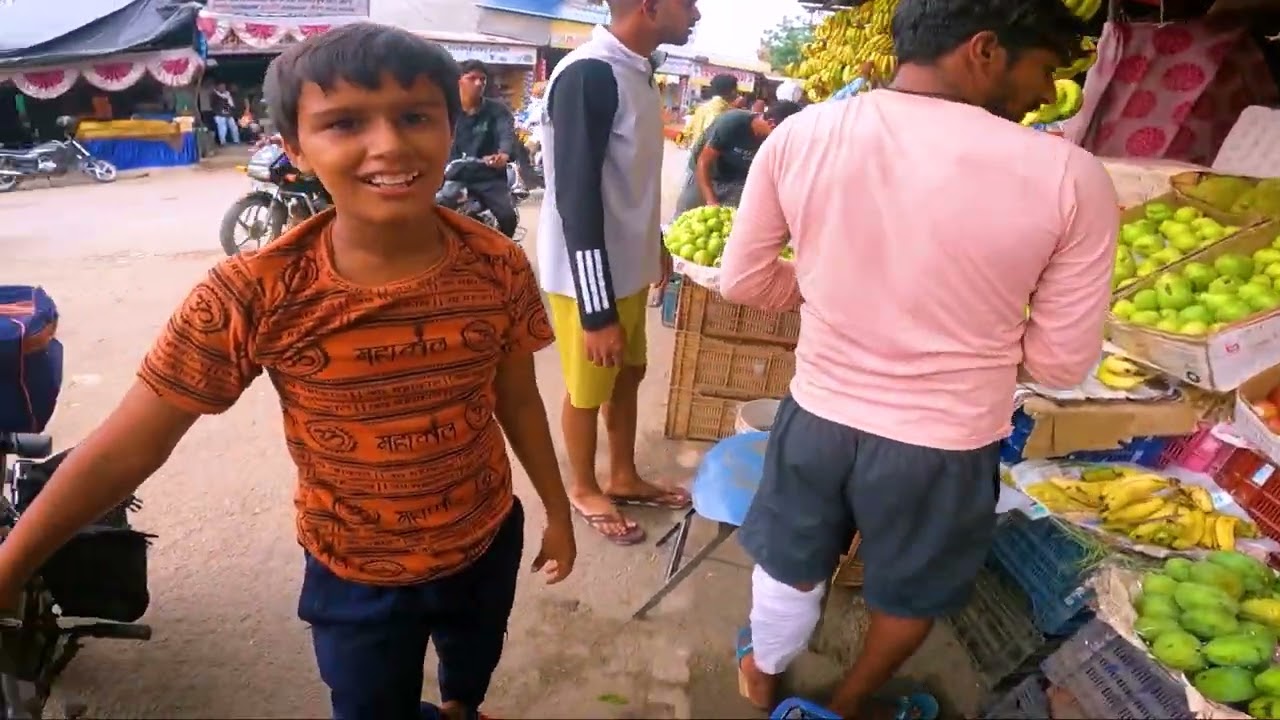Welcoming a New Arrival: Expert Tips for Preparing Your Older Kids for a Sibling
Welcoming a new sibling is an exciting time for any family, but it can also stir a range of emotions in your older children. As parents, creating a smooth transition is key to nurturing a loving family atmosphere. This guide offers practical tips for preparing your older kids for a sibling, ensuring everyone feels included and excited about the new arrival.
Features of Preparing Older Kids for a New Sibling
Preparing older children for a new sibling involves various strategies that support emotional and practical readiness. Here are some essential features to consider:
- Communication: Open and honest conversations are crucial. Discuss the changes that will accompany the new arrival, and encourage your children to express their feelings.
- Inclusion in Preparations: Involve older siblings in preparations for the baby. From setting up the nursery to choosing baby clothes, participation fosters excitement and belonging.
- Learning Opportunities: Introduce books or videos that explore sibling relationships. These resources can help normalize feelings and offer valuable insights.
Overview of the Transition Process
When preparing older children for a sibling, the transition process requires thoughtfulness. It’s essential to manage expectations and foster an environment where older kids can adapt. The journey involves several stages, from conception to the birth and beyond, each with its own set of experiences and emotions for the older siblings.
It’s normal for children to feel a mix of anticipation, fear, and jealousy. Mapping out these potential feelings helps parents address concerns early on. a thoughtful approach eases emotional turbulence, ensuring that older siblings feel loved and secure.
Why Preparing Your Older Kids is Essential
Equipping older children with the tools to cope with the arrival of a new sibling sets the stage for positive sibling relationships. A well-prepared child is less likely to experience feelings of neglect, which often leads to behavioral issues. By actively preparing them, parents build:
- Confidence: Knowledge about what to expect fosters confidence in older children.
- Attachment: Early bonding with the newborn encourages healthier relationships later on.
- Sharing Skills: Older children learn vital sharing and caring skills, promoting empathy and adaptation.
Who is Affected by the Sibling Transition?
The transition impacts the entire family unit. While older siblings are at the forefront, parents and other caregivers also experience changes. Recognizing that each family member navigates their own emotional landscape enhances collective understanding and support. Families can thrive by acknowledging and addressing each person’s needs.
What is Involved in This Transition?
The transition to becoming an older sibling involves emotional, social, and practical aspects. Preparing older kids entails discussing feelings, addressing fears, and sharing responsibilities. Furthermore, parents must demonstrate patience while older children absorb the changes in their family dynamics.
Where Does the Transition Take Place?
This transition unfolds in the family home and beyond. Within the house, activities like setting up the nursery or practicing gentle interactions with dolls or stuffed animals help prepare older children mentally. Outside the home, involving them in community events or playgroups with other siblings may ease their fears and enhance social connections.
When Should You Begin Preparations?
Early preparation is vital to ensure your older child feels included. Begin discussions before the baby arrives, tailoring conversations according to your child’s age and personality. Involving them in preparations sooner rather than later reduces anxiety and builds anticipation, making the transition smoother for everyone.
How to Prepare Your Older Kids for a Sibling
Here are actionable steps for effectively preparing your older child for the arrival of a new sibling:
- Talk Frequently: Regular conversations about the baby help normalize the experience.
- Read Together: Share books that illustrate the joy of sibling relationships.
- Encourage Questions: Allow your child to voice their thoughts and curiosity about the baby.
- Create a Welcome Plan: Together, plan special ways to welcome the new baby, like home-made crafts or cards.
- Routine Adjustment: Gradually introduce changes in routines to minimize disruptions.
- Set One-on-One Time: Ensure your older child has exclusive time with you to maintain individual bonding.
- Praise Involvement: Highlight and appreciate their efforts in helping with preparations.
- Practice Gentle Techniques: Teach gentle interactions using dolls or stuffed animals to prepare for the real arrival.
- Host a Sibling Celebration: Celebrate the upcoming arrival with a fun family gathering involving foods, games, and stories.
- Model Positive Attitudes: Demonstrate excitement and positivity about the new addition to foster a healthy outlook.
Pros and Cons of Preparing Older Kids for a Sibling
Pros:
- Enhances emotional resilience in children.
- Fosters anticipation and excitement.
- Reduces feelings of jealousy or apprehension.
Cons:
- Some children may still feel neglected despite preparations.
- Emotional reactions may still arise post-birth.
- Individual children may respond differently, creating complexities.
Similar Approaches to Sibling Preparation
Preparing older kids for a new sibling isn’t a one-size-fits-all scenario. Similar methods include:
- Family Counseling: Professional guidance can assist families struggling with the transition.
- Support Groups: Connecting with other families experiencing the same journey can offer reassurance and shared advice.
- Workshops: Consider parent-child workshops focused on sibling relationships for interactive learning.
Opinions, Examples, and Comparisons
Parents who have successfully navigated sibling transitions often emphasize the importance of communication. For example, families that regularly discuss feelings tend to experience smoother adjustments. Others underscore the value of activities that foster bonding, such as creating a "Big Sibling" kit filled with goodies and tasks for the older child. Comparatively, families who avoided discussions or preparations faced more significant challenges with jealousy or behavioral concerns.
FAQs
-
What age is appropriate for discussing a new sibling?
- Start conversations around the second trimester for school-aged children. For toddlers, use simple language and visuals.
-
How can I involve my older child in baby preparations?
- Include them in shopping for baby supplies, decorating the nursery, or selecting clothes for the baby.
-
What if my child expresses negative feelings about the new sibling?
- Validate their feelings, encourage discussions, and reassure them of their importance in the family.
-
Should I change my older child’s routine before the baby arrives?
- Gradually introduce changes to ease the transition when the baby comes. Keep their essential routines consistent as much as possible.
- How can I ensure my older child feels loved after the baby arrives?
- Prioritize one-on-one time, praise their efforts, and reassure them of your love and attention through the transition.
Disclaimer: As an Amazon Associate, I earn from qualifying purchases. I may earn a commission from qualifying purchases as an affiliate. Please note that I only recommend products I believe will provide value to my readers.









